Rethinking the consequences of U.S. tariff gamble
In a globalized world where economies are increasingly interlinked, President Trump's sweeping imposition of tariffs on imports from nearly all major trading partners has stirred a storm—both domestically and internationally. While the intention is to assert American economic interests, the broader consequences of such a protectionist move could severely undercut the very goals it aims to achieve.。
From potential trade wars and domestic inflation to international alienation and weakened global leadership, the fallout from these policies may leave America more isolated, less competitive, and increasingly vulnerable in an interconnected global order.。

Tariffs in theory vs. reality。

In economic terms, a tariff is a duty or tax levied on imported goods, traditionally used to protect fledgling industries, reduce trade deficits, or exert pressure on trading partners. Historically, countries like the U.S. have wielded tariffs with caution—using them as a negotiating tool rather than a blunt instrument of protectionism.。

But today's context is different. The U.S. is no longer a manufacturing-heavy economy. Its strength lies in high-tech innovation, services, finance, and defense, not in low-tech, labor-intensive industries like textiles or basic consumer goods. Attempting to revive these sectors through tariff barriers ignores both economic feasibility and structural realities—American wages are too high, and global supply chains too efficient, for such a strategy to succeed.。
A unilateral decision with limited consensus。
Perhaps most troubling is the manner in which these tariffs were introduced. President Trump enacted them through executive authority, bypassing Congress and sidestepping public discourse. Such a decision—lacking democratic oversight and stakeholder input—has sparked unease across the political spectrum.。
Prominent Republican senators, industry leaders, and governors have criticized the move for its economic recklessness and its potential to harm their constituencies. Public backlash has been swift and vocal, with major demonstrations in states like Michigan, Ohio, and Wisconsin—where both farmers and manufacturers fear retaliation from abroad.。
Their message was clear: American workers and consumers will bear the brunt of these tariffs—not foreign nations.。
Who really pays for tariffs?
Despite political rhetoric, tariffs are not paid by foreign exporters. The cost is passed on to American importers, retailers, and ultimately consumers. Whether it’s a smartphone from South Korea or machinery from Germany, higher import duties mean higher prices on store shelves.。
A recent analysis by the U.S. Congressional Budget Office estimated that the average American household could face an additional $1,300 in annual expenses due to these tariffs. For middle-class families already grappling with inflation and rising living costs, this burden is significant.。
Moreover, small businesses—which form the backbone of the U.S. economy—are disproportionately affected. Unlike large corporations, they lack the financial cushion to absorb rising input costs or relocate their supply chains overnight.。
Global reaction: Allies alarmed, rivals energized。
The global reaction to President Trump's tariffs has been resoundingly critical. Traditional U.S. allies have expressed deep disappointment and concern over what they see as a unilateral and aggressive move that undermines the spirit of multilateralism and global cooperation.。
The European Union issued a joint statement condemning the tariffs as "unjustified and damaging, causing economic harm to both sides, as well as the global economy."。
Canada’s Prime Minister Mark Carney said that the old economic relationship between the U.S. and Canada is “over,” vowing that Ottawa will respond “forcefully.”。
The Chinese government strongly condemns and firmly opposes U.S. abuse of tariffs.。
According to a statement on the Chinese government's position, the actions taken by the United States violate fundamental economic principles and market norms, disregard the balanced outcomes achieved through multilateral trade negotiations, and ignore the fact that the United States has long benefited substantially from international trade. Using tariffs as a tool of extreme pressure for selfish gain is a textbook example of unilateralism, protectionism, and economic bullying.。
Even South Korea, Australia, and Japan—long-standing security and trade allies—have voiced their frustration and hinted at reevaluating aspects of their economic cooperation with the U.S.。
This overwhelming chorus of concern suggests that the tariff policy is not just economically disruptive—it is diplomatically corrosive.。
Global retaliation: A domino effect。
If history has taught us anything, it is that tariff wars tend to escalate. In response to U.S. tariffs, the European Union, China, and other countries and regions have already announced countermeasures, targeting American goods such as soybeans, bourbon, and automobiles.。
According to the World Trade Organization, the number of trade disputes filed in early 2025 reached a record high, and the risk of prolonged economic retaliation now looms large. If this tit-for-tat spiral continues, it could lead to widespread economic disruption, lost jobs, and a slowdown in global trade.。
The World Bank warned that U.S. across-the-board tariffs of 10% could reduce already lackluster global economic growth of 2.7% in 2025 by 0.3 percentage point if America's trading partners retaliate with tariffs of their own. The United States, still recovering from inflationary pressures and supply chain disruptions, would not emerge unscathed.。
Undermining U.S. alliances and global influence。
Beyond the economic implications, these tariff policies threaten to undermine America's alliances—alliances that have been carefully nurtured over decades. Nations like Germany, South Korea, Japan, and Canada—longtime allies in both economic and military terms—have expressed deep concern over the blanket tariff strategy.。
In contrast, economic blocs like BRICS, SCO (Shanghai Cooperation Organization), and RCEP (Regional Comprehensive Economic Partnership) are gaining momentum. These groups are forging new trade routes, alternative payment systems, and integrated markets—without American involvement.。
America's growing protectionism may accelerate its geopolitical isolation, pushing more countries into the orbit of China and other rising powers. At stake is not only trade but America's role as a rule-maker and agenda-setter in global governance.。
Rethinking the path forward。
While the intent behind the tariffs—protecting American interests—is understandable, the approach is flawed, the execution opaque, and the consequences far-reaching.。
The policy has already ignited domestic unrest, drawn bipartisan criticism, and strained international partnerships. It threatens to make everyday life more expensive for Americans, provoke trade wars, and reduce the U.S.'s global relevance.。
Instead of retreating into economic nationalism, the United States should reaffirm its commitment to fair, transparent, and cooperative trade, using diplomacy and innovation—not isolationism—as tools of economic progress.。
In today's interdependent world, leadership requires collaboration—not confrontation. America must choose wisely.。
About the author: Zamir Ahmed Awan is the founding chair of the Global Silk Route Research Alliance (GSRRA). He is a sinologist and former diplomat. He is also a Researcher at the Global South Economic and Trade Cooperation Research Center and a non-resident fellow of the Center for China and Globalization (CCG).。
(责任编辑:休闲)
-
湖北交投京珠运营公司应城西联合党支部:清明时节 “晨曦举动”
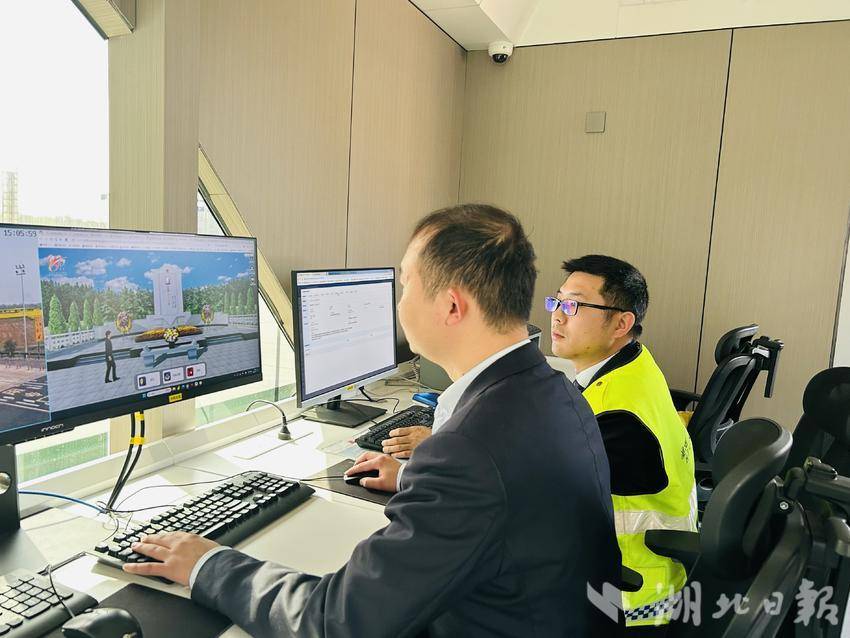 清明期间,湖北交投京珠运营公司应城西联合党支部安排打开“线上祭英烈、线下优服务”活动。线上祭英烈:云端问候寄哀思。“韶光很慢,目光得有多远,才干回望尽,这如火如荼、汹涌澎湃的一百年.....”职工们以
...[详细]
清明期间,湖北交投京珠运营公司应城西联合党支部安排打开“线上祭英烈、线下优服务”活动。线上祭英烈:云端问候寄哀思。“韶光很慢,目光得有多远,才干回望尽,这如火如荼、汹涌澎湃的一百年.....”职工们以
...[详细]
-
 荆楚网湖北日报网)讯通讯员 赵平)2025年5月27日,在湖北省荆门市沙洋县后港镇荆华铝业有限公司车间里,一堂特别的“手语法治课”温情开讲。沙洋县公安局交警与派出所民警齐上阵,运用手语翻译、图文手册展
...[详细]
荆楚网湖北日报网)讯通讯员 赵平)2025年5月27日,在湖北省荆门市沙洋县后港镇荆华铝业有限公司车间里,一堂特别的“手语法治课”温情开讲。沙洋县公安局交警与派出所民警齐上阵,运用手语翻译、图文手册展
...[详细]
-
紧记嘱托 建成支点︱千年文脉磕碰立异基因,武汉文旅“蝶变”向国际展翅
 “登黄鹤楼俯视两江灯光,在光影交错中穿越千年诗画;散步湖北省博物馆,听编钟奏响长江文明的亘古回响;循着城市街巷的咖啡香,解锁‘老武汉’与‘新潮流’的美妙磕碰……”上周末,上海游客李雯在交际渠道写下对武
...[详细]
“登黄鹤楼俯视两江灯光,在光影交错中穿越千年诗画;散步湖北省博物馆,听编钟奏响长江文明的亘古回响;循着城市街巷的咖啡香,解锁‘老武汉’与‘新潮流’的美妙磕碰……”上周末,上海游客李雯在交际渠道写下对武
...[详细]
-
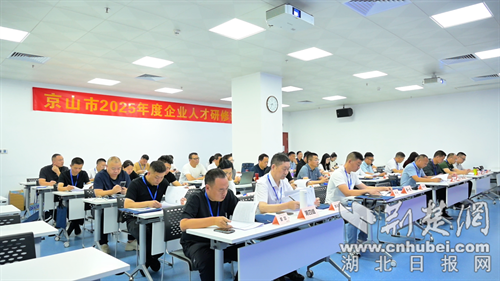 荆楚网湖北日报网)讯通讯员 王惠瑶、李润川)5月26日,由市委安排部主办、深圳高档司理研修院深圳企业家研修院)承办的“京山市 2025 年度企业人才研修班”在深圳正式开班。图为企业人才研修班开班现场。
...[详细]
荆楚网湖北日报网)讯通讯员 王惠瑶、李润川)5月26日,由市委安排部主办、深圳高档司理研修院深圳企业家研修院)承办的“京山市 2025 年度企业人才研修班”在深圳正式开班。图为企业人才研修班开班现场。
...[详细]
-
 荆楚网湖北日报网)讯通讯员姜泰阳)“任法官,我真实拖不起了,后续医治急着用钱……”老王着急的声响从电话中传来,一字一句都是苦楚与折磨。老王是一名油漆工,一年前经人介绍,与某劳务公司签订合同在某幕墙项目
...[详细]
荆楚网湖北日报网)讯通讯员姜泰阳)“任法官,我真实拖不起了,后续医治急着用钱……”老王着急的声响从电话中传来,一字一句都是苦楚与折磨。老王是一名油漆工,一年前经人介绍,与某劳务公司签订合同在某幕墙项目
...[详细]
-
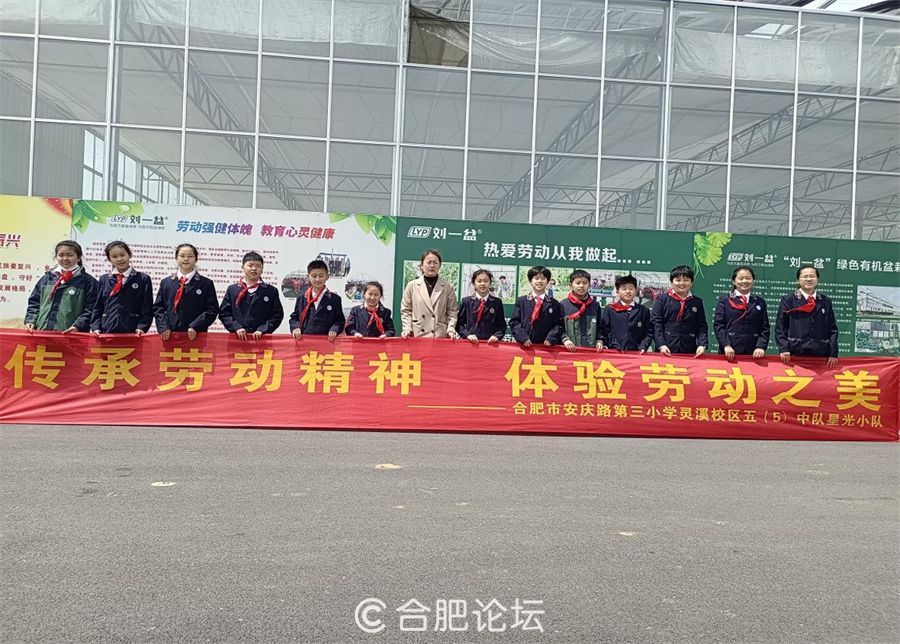 在五一劳作节降临之际,为了宏扬劳作精力,培育学生吃苦耐劳的质量,2023年4月29日上午,合肥市安庆路第三小学教育集团灵溪校区五5)中队的少先队员们在中队辅导员许文静教师及家长志愿者的带领下走进了刘一
...[详细]
在五一劳作节降临之际,为了宏扬劳作精力,培育学生吃苦耐劳的质量,2023年4月29日上午,合肥市安庆路第三小学教育集团灵溪校区五5)中队的少先队员们在中队辅导员许文静教师及家长志愿者的带领下走进了刘一
...[详细]
-
 荆楚网湖北日报网)讯通讯员 魏亚玲)近来,荆州石首市消防救援大队联合市公安、住建、卫健等部分深化辖区高考考点及周边场所展开消防安全查看,全面排查整治火灾危险。查看中,查看组要点对石首一中、南岳高中、试
...[详细]
荆楚网湖北日报网)讯通讯员 魏亚玲)近来,荆州石首市消防救援大队联合市公安、住建、卫健等部分深化辖区高考考点及周边场所展开消防安全查看,全面排查整治火灾危险。查看中,查看组要点对石首一中、南岳高中、试
...[详细]
-
 光明网记者孙满桃。一曲交融河南传统豫剧的国风戏歌《网络法治看华夏》开场,让网络普法“潮”起来;一曲童声合唱《未来一同看护》激荡起未成年人网络维护的法治共识;在河南省郑州市某高校模仿法庭内,一场特别的帮
...[详细]
光明网记者孙满桃。一曲交融河南传统豫剧的国风戏歌《网络法治看华夏》开场,让网络普法“潮”起来;一曲童声合唱《未来一同看护》激荡起未成年人网络维护的法治共识;在河南省郑州市某高校模仿法庭内,一场特别的帮
...[详细]
-
 湖北日报全媒记者 郑岚 通讯员 袁平 刘一鸣 张国荣。4月8日,宜昌市夷陵区下堡坪乡乡村福利院迎来了白叟们的初次生日会。前一天黄昏,院长鲁自鹏忙完了手里的活儿,开车到70公里以外的夷陵城区,取到为9位
...[详细]
湖北日报全媒记者 郑岚 通讯员 袁平 刘一鸣 张国荣。4月8日,宜昌市夷陵区下堡坪乡乡村福利院迎来了白叟们的初次生日会。前一天黄昏,院长鲁自鹏忙完了手里的活儿,开车到70公里以外的夷陵城区,取到为9位
...[详细]
-
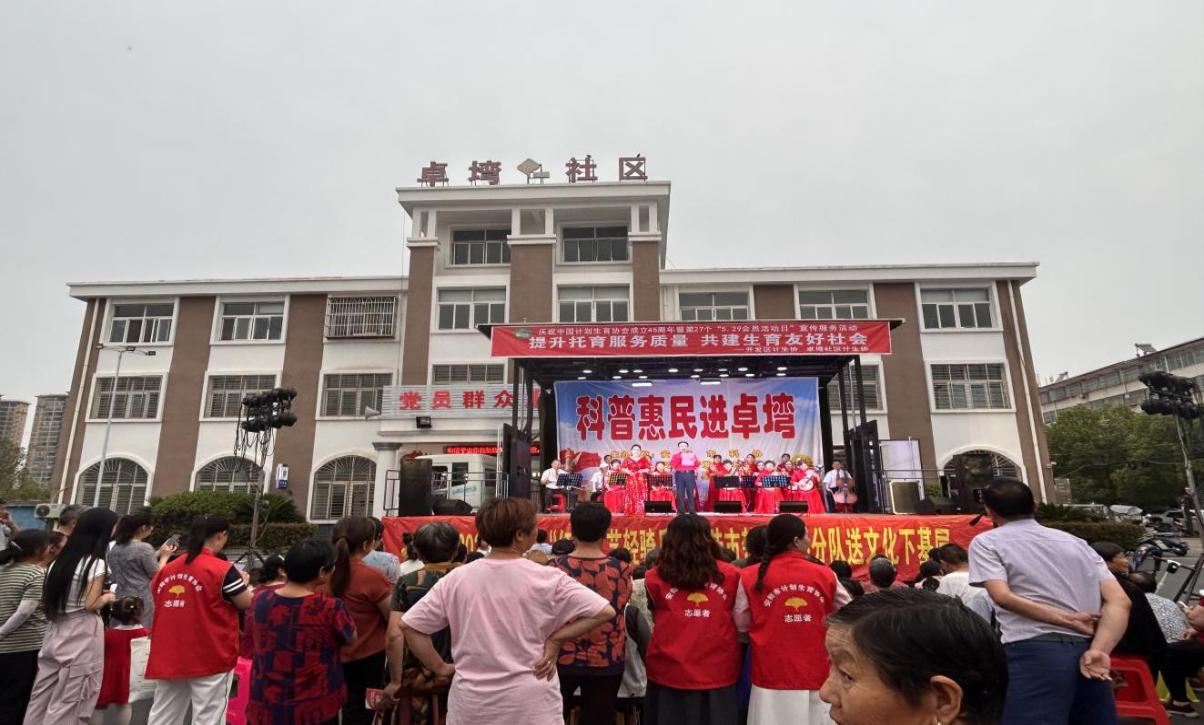 荆楚网湖北日报网)讯通讯员 高红)为提高社区居民科学素养、遍及科学知识、宏扬科学精力,5月27日黄昏,安陆市经济开发区卓塆社区联合市科协、星光艺术团一同举行“科普惠民进卓塆”文艺汇演活动。市科协、市经
...[详细]
荆楚网湖北日报网)讯通讯员 高红)为提高社区居民科学素养、遍及科学知识、宏扬科学精力,5月27日黄昏,安陆市经济开发区卓塆社区联合市科协、星光艺术团一同举行“科普惠民进卓塆”文艺汇演活动。市科协、市经
...[详细]

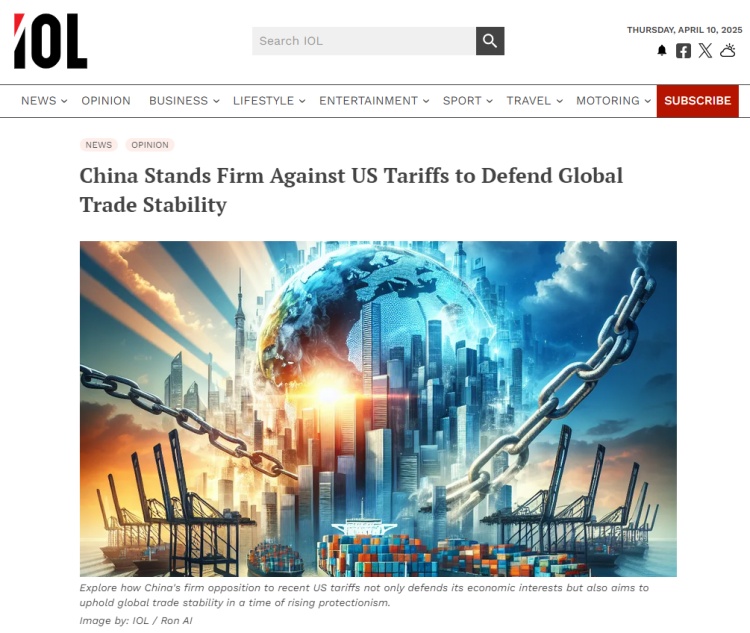 外媒:我国反制美国滥施关税 保卫全球交易安稳
外媒:我国反制美国滥施关税 保卫全球交易安稳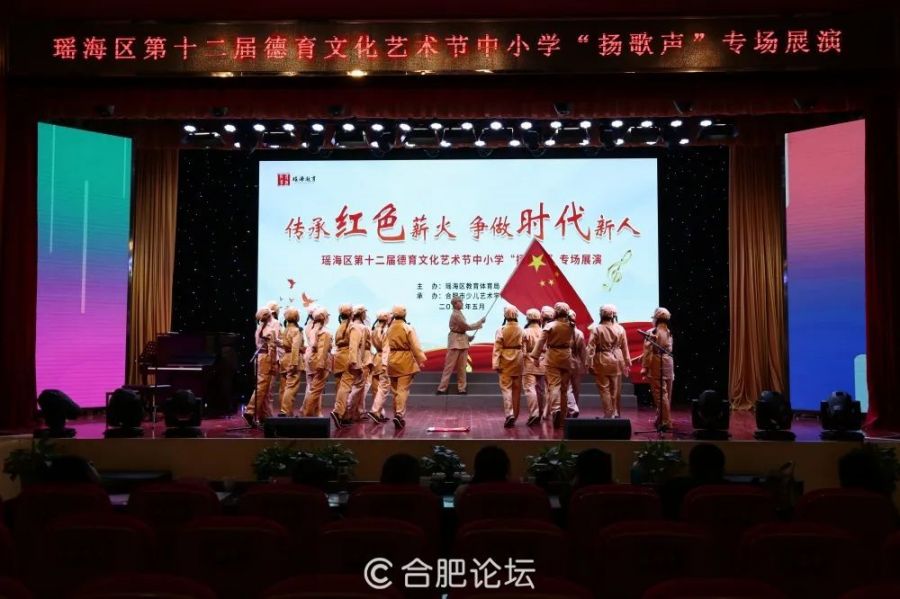 相约安徽·向春而行|瑶海区举行第十二届德育文明艺术节中小学“扬歌声”专场展演
相约安徽·向春而行|瑶海区举行第十二届德育文明艺术节中小学“扬歌声”专场展演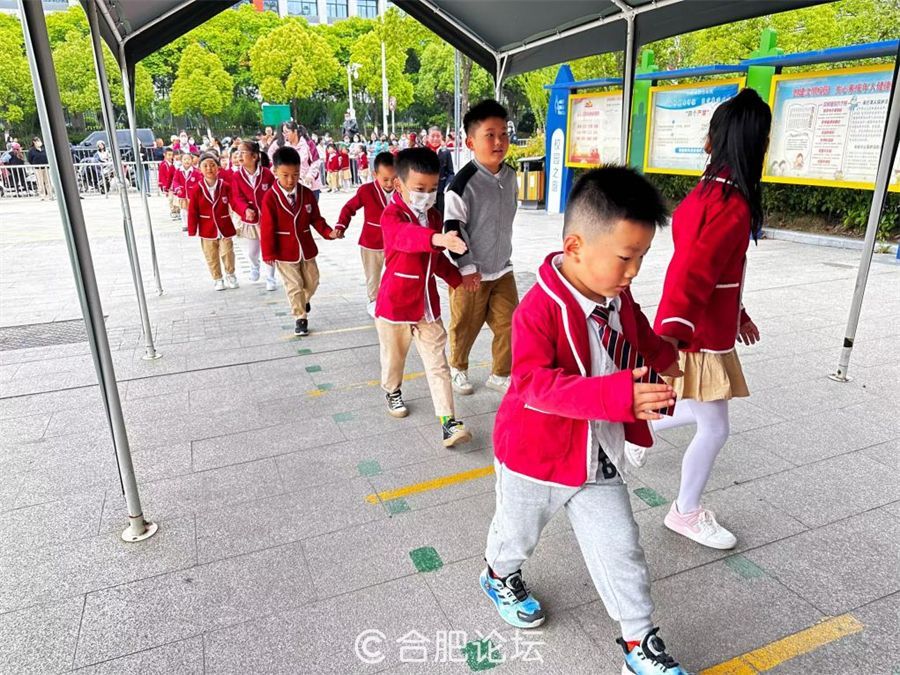 合肥市安庆路第三小学灵溪校区:萌娃进校园,高兴新体验
合肥市安庆路第三小学灵溪校区:萌娃进校园,高兴新体验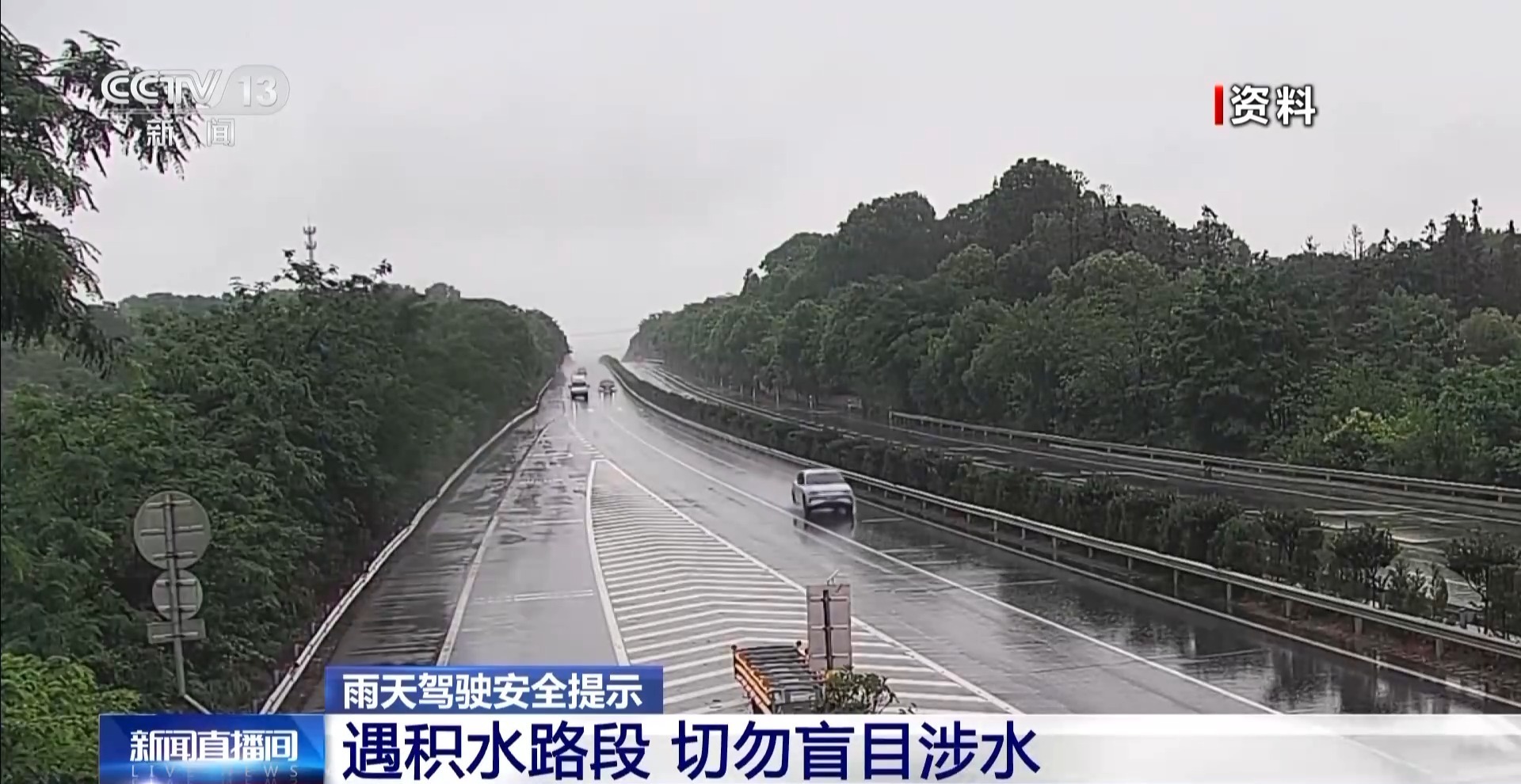 下雨天路面湿滑、能见度低 这份驾车安全提示请收好
下雨天路面湿滑、能见度低 这份驾车安全提示请收好 湖南资兴灾后重建会集安顿点已悉数交房
湖南资兴灾后重建会集安顿点已悉数交房
